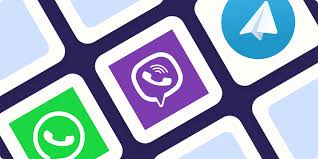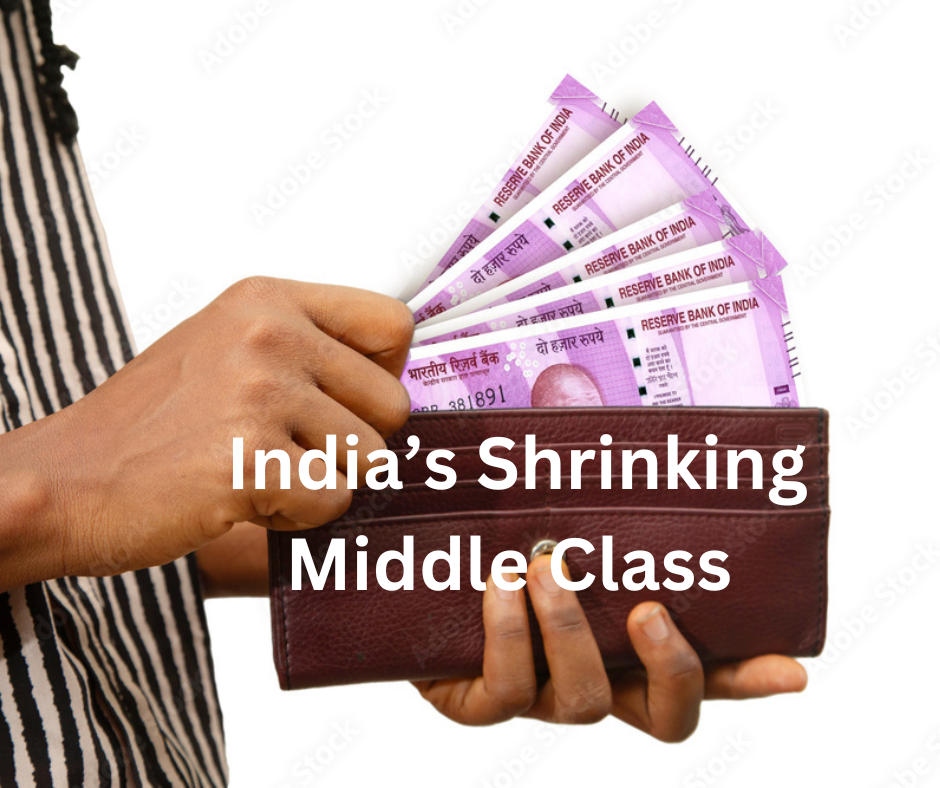Messaging apps have revolutionized how we communicate, connecting nearly three billion users worldwide. Despite their free access for individual users, these platforms face significant operational costs, prompting curiosity about their revenue generation strategies. This article delves into how various messaging apps, including WhatsApp, Signal, Discord, and Snapchat, monetize their services, focusing on the implications for consumers and businesses alike.
WhatsApp: Corporate Messaging as a Revenue Source
WhatsApp, owned by Meta, primarily monetizes through its corporate clients rather than individual users. The app allows businesses to create channels for communication, enabling them to engage directly with customers who opt to subscribe. However, the main revenue stream arises from companies paying for direct interactions with individual customers. This model facilitates both conversational and transactional activities within the app.
For instance, users in cities like Bangalore can purchase bus tickets and select seats directly through WhatsApp. This seamless integration of commerce into messaging exemplifies the platform’s potential for driving user engagement. Nikila Srinivasan, Vice President of Business Messaging at Meta, emphasizes that their vision is for businesses and customers to accomplish tasks directly within a chat thread. This convenience enhances user experience and encourages more businesses to adopt WhatsApp for customer interactions.
Additionally, businesses can pay for links that initiate WhatsApp chats from online ads on Facebook and Instagram. This strategic integration contributes significantly to Meta’s revenue, generating “several billions of dollars,” as noted by Srinivasan.
Signal: The Non-Profit Approach to Messaging
Contrastingly, Signal, known for its robust security features, operates as a non-profit organization. It relies heavily on donations, including a substantial $50 million contribution from Brian Acton, a co-founder of WhatsApp, in 2018. Signal aims for financial independence through small donations, allowing it to prioritize user privacy over profit. This model attracts users who value secure communication without the fear of data exploitation, fostering a loyal user base.
Discord: Freemium for Gamers
Discord, popular among gamers, employs a freemium model that offers both free and paid features. Users can subscribe to Discord Nitro for $9.99 per month, unlocking enhanced functionalities like high-quality video streaming and custom emojis. This blend of free access with optional premium services appeals to users seeking additional features, creating a diverse revenue stream while maintaining a large user base.
Snapchat: A Multi-Faceted Revenue Strategy
Snap Inc., the parent company of Snapchat, utilizes various revenue-generating strategies. In addition to advertising, Snapchat has about 11 million paying subscribers as of August 2024 and sells augmented reality glasses. Its advertising revenue alone surpasses $4 billion annually, demonstrating the effectiveness of combining multiple monetization strategies. Snap’s diverse offerings enable it to cater to different segments of users, maximizing revenue potential.
Element: Serving the Secure Messaging Market
In the UK, Element charges governments and large organizations for its secure messaging services, allowing clients to utilize its technology on private servers. Co-founder Matthew Hodgson states that the company is nearing profitability, generating “double-digit million revenue.” Element’s model highlights how specialized messaging services can attract lucrative contracts, particularly in sectors that prioritize security.
The Advertising Dilemma
Despite their diverse revenue models, many messaging platforms rely heavily on advertising. Some apps track user behavior to sell targeted ads based on collected data, even if the content remains encrypted. This raises ethical questions about user privacy and data usage. As the adage goes, “if you’re not paying for the service, you may very well be the product.” This underscores the need for users to be aware of how their data may be utilized for monetization, even on platforms that prioritize user privacy.
A Diverse Landscape of Monetization
In conclusion, messaging apps like WhatsApp, Signal, Discord, and Snapchat employ various strategies to generate revenue while offering free access to individual users. By tapping into corporate communications, leveraging advertising, and incorporating premium features, these platforms navigate the competitive digital landscape. As users continue to seek convenience and security, understanding these monetization models becomes essential for making informed choices about the platforms they use.




